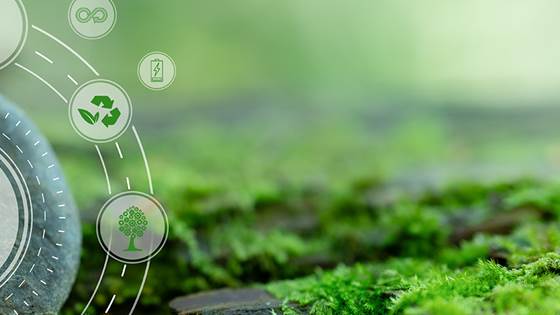
Robust Acoustic Recognition — RoAR
Norsonic AS, SINTEF and NINA are launching a new project aimed at advancing AI’s ability to understand and recognize of sound. The project is called ROaR (Robust Acoustic Recognition) and is funded by Norsonic AS and the Research Council of Norway.















